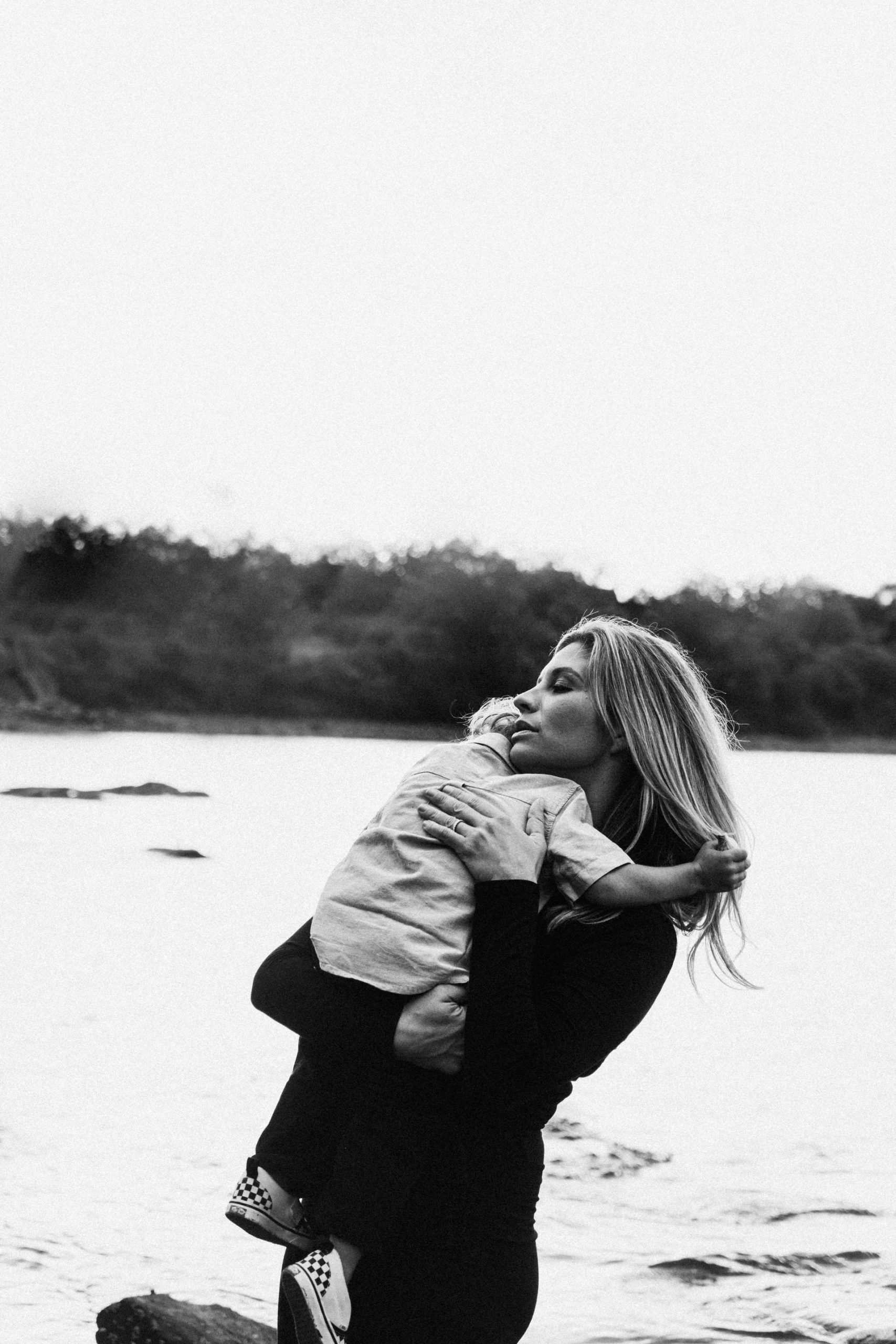
I was about three years old when I first remember feeling that my mom may not be coming for me because I didn’t think she’d survive to live to see another day.
I was eight or so when my cousin took me to church and I cried frantically in a hallway when I couldn’t find her after Sunday school.
I was 13 when my aunt was murdered and my mom cried the way I did when I was three.
I was 17 when I left the line I was standing in at the airport in Costa Rica and went running through the airport screaming desperately for my host sister.
And I was 18 when my godmom overdosed in a bathtub, after having just seen her the day before at my grandpa’s birthday. I crawled under my college desk that day, placed my head in my hands, and cried alone for hours.
This year, I almost lost one of my mother figures to COVID-19. On a ventilator for 25 days, I cried for this woman the way I did for my mother, host sister, and godmother—the way my mother did when she lost her sister. I don’t know why I reacted this way toward the thought of losing this particular mother figure from my childhood, but I did.
Therapists are quick to refer to this pain I feel as a “fear of abandonment,” as if it is something in my mind and something not worth the time to attend to.
Videos are made online attempting to differentiate Borderline Personality Disorder (BPD) from Complex Post-Traumatic Stress Disorder (CPTSD), and the number one distinguishing characteristic is this “fear of abandonment.”
I find this attempt to distinguish these two diagnoses by questioning whether someone like me has a fear of abandonment to be quite harmful.
I’ve always had wonderful relationships.
I am not quick to become angry.
I do, though, struggle greatly with this loss of mother figures.
A few years ago, my therapist suddenly closed her practice in New York City after promising she had no intention of leaving for several years, and this pain of losing a mother figure reemerged.
It left me with a hole so vast that I struggled to get out of bed or go to school.
My light went out after losing her, and it didn’t come back until I found another therapist to fill my mother wound.
I worked with this next woman for a year and a half before it was suggested that I try Dialectical Behavioral Therapy (DBT) for treating Borderline Personality Disorder.
While I didn’t want to leave this therapist, who was filling the hole in the heart of my younger self, I trusted that this was the right approach for me and left thinking I could always return.
What I found was that DBT wasn’t attachment-focused.
Instead, the therapist had me buy a book and practice tools.
There was no telling my story.
There was no relational piece to the therapy.
She even called me by the wrong name.
After some time, I realized this therapy wasn’t for me.
I didn’t need to regulate my emotions.
I needed to process this mother wound that continues to show up throughout my life.
I left DBT and attempted to return to my attachment-focused therapist, but she said our work was done and that was her choice.
Her words did more than sting.
They stabbed me in my deepest wound.
I was told once that what we struggle with shows up over and over again until we see it and work through it.
I went for a drive after work yesterday to step away from my room and attempt to come out of the hollowness that was eating me up inside.
As I drove, I thought a lot about this mother wound and thought back to every person who has ever filled this role who I have lost.
I pulled over and began to cry.
I didn’t regulate any of my emotions; instead, I grieved the loss of all these beautiful women.
I then went home and made chocolate chip cookies with the help of the little girl inside me.
We danced.
We cuddled.
We put our hand on our heart and said, “I love you” to all our mother figures who have come and gone.
I write my story for anyone who can relate and also to bring awareness to this topic.
Some therapists may refer to this pain as a “fear of abandonment.” I don’t. Rather, I see it as a deep mother wound that requires a lot of care to heal.
To all therapists and psychologists, please be careful with the phrases you use and the diagnoses you hand out. Many with “fear of abandonment” are adults with painful childhood experiences that would be better classified under CPTSD rather than the shamed diagnosis of Borderline.
~








Read 8 comments and reply